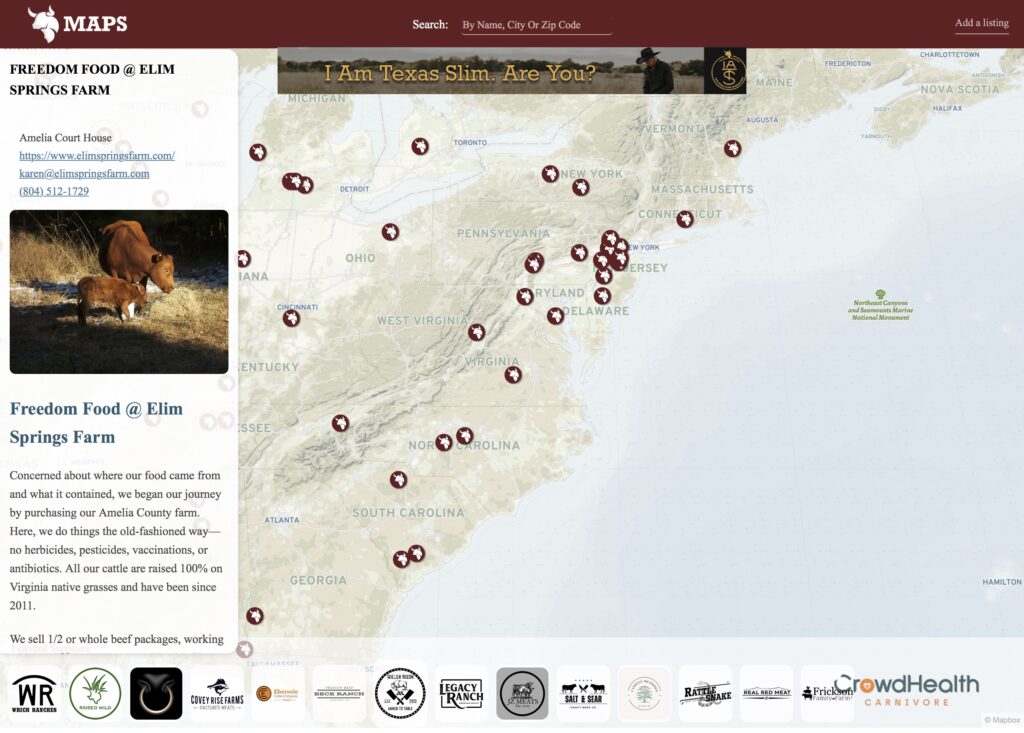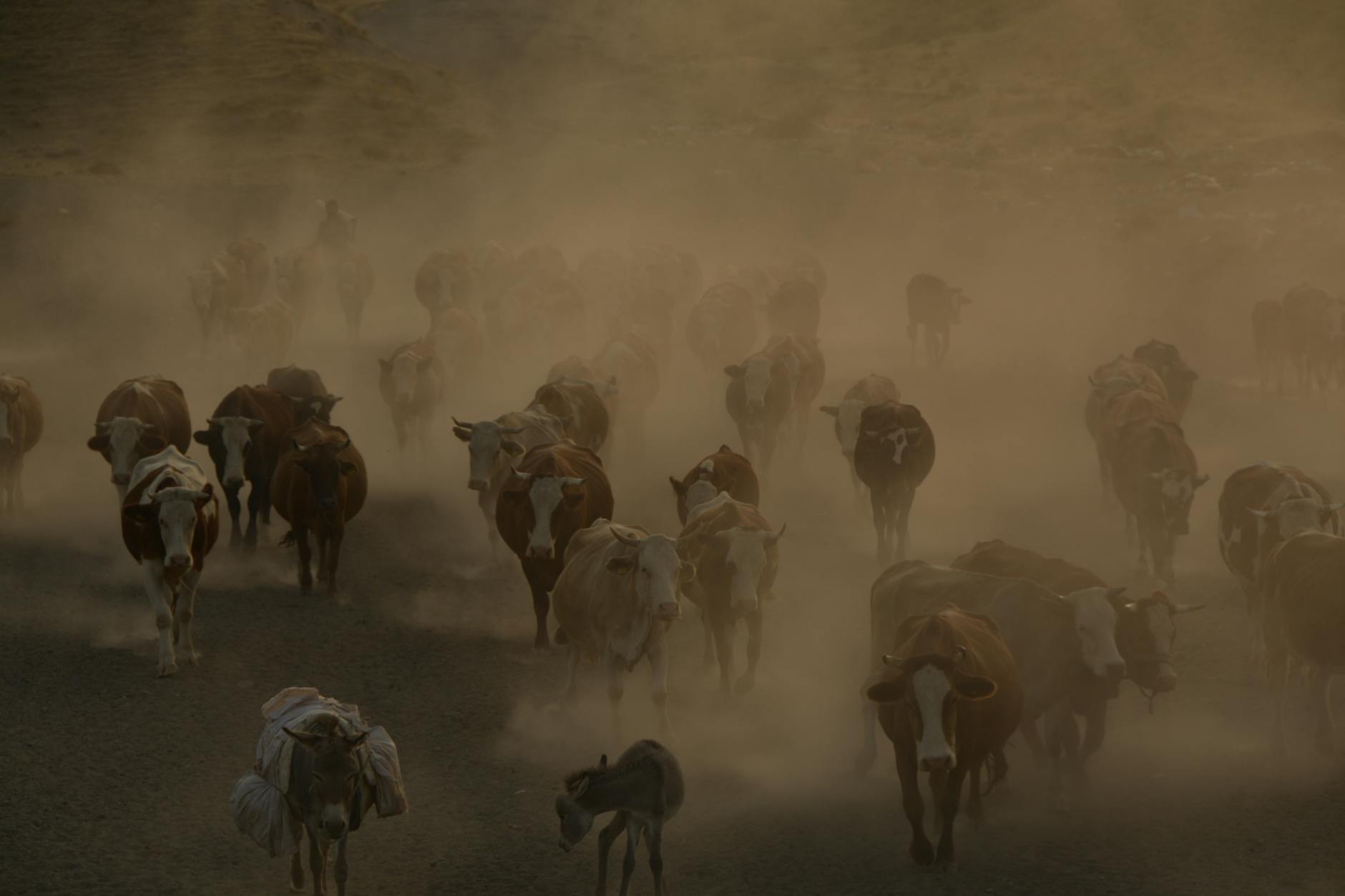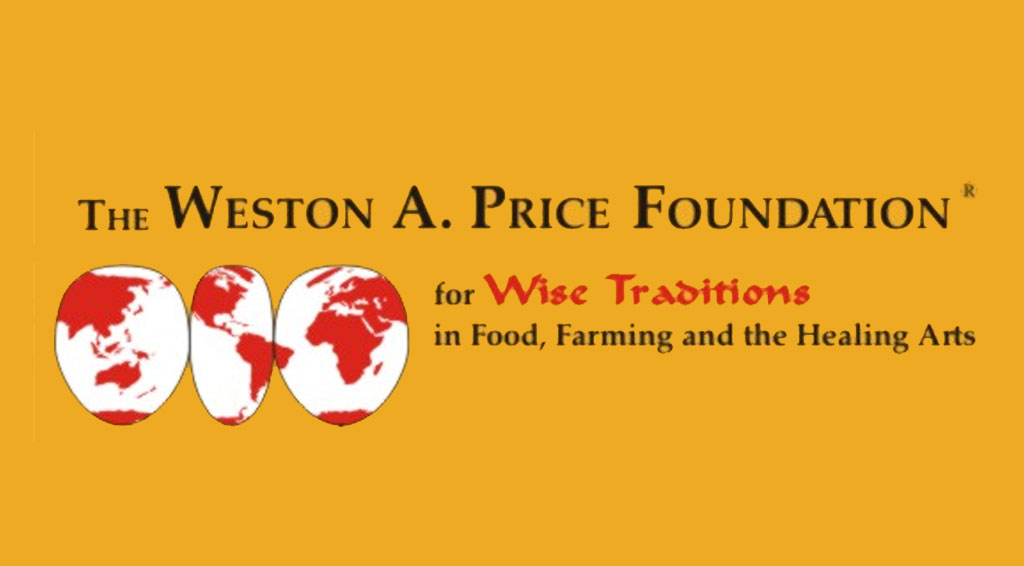Independent ranchers and industry leaders took to Cattlemen United, a Twitter Space hosted by DD1 and TennesseeTracy, to expose the mounting threats against America’s cattle producers. With Texas Slim, Brett Kenzy, RanchMama Shanen, and Jeff Forrester leading the discussion, the forum broke down the USDA’s push for RFID mandates, the financial manipulation within the Beef Checkoff program, and the urgent need for restoring Mandatory Country of Origin Labeling (MCOOL). The conversation shed light on how global meat packers and policy elites are driving ranchers out of business—while passing off foreign beef as American-raised.
The forum wasn’t just about problems—it was about solutions. Direct-to-consumer beef, peer-to-peer rancher relationships, and decentralized food systems were highlighted as the key to protecting America’s food sovereignty. Platforms like BeefMaps.com offer an alternative to industrial control, helping consumers bypass the Big Four meat packers—JBS, Tyson, Cargill, and National Beef—and buy beef directly from ranchers. The panel issued a clear call to action: support independent ranchers now, or risk losing them forever.
Key Points Covered:
- RFID/EID Tags:
USDA’s push to require electronic tracking tags on cattle raised alarms among ranchers, who fear it will erode their privacy, burden small producers, and enable climate-based taxation schemes—similar to what occurred in Europe. Producers stressed that existing traceability systems already work, making the mandate unnecessary and exploitative. - Beef Checkoff Controversy:
Brett Kenzy detailed how the Beef Checkoff program, meant to promote American beef, has been hijacked by powerful meatpacking interests and the National Cattlemen’s Beef Association (NCBA). Checkoff dollars, paid by ranchers, are funneled to lobbying groups that work against independent producers—undermining efforts to restore country-of-origin labeling (MCOOL).
- MCOOL & Imported Beef:
Panelists discussed the deceptive practice allowing imported beef to be labeled “Product of the USA” simply because it was processed domestically. Ranchers described the repeal of MCOOL as a major blow, leaving consumers unaware that beef on their shelves could originate from over 31 countries, including Brazil and Argentina. - Solutions in Action:
RanchMama Shanen and Jeff Forrester championed consumer-driven alternatives like BeefMaps.com—a growing directory connecting families directly to local ranchers—and SaveBeef.org, which aims to secure the beef.com domain to reclaim digital ground from corporate giants. These platforms empower consumers to bypass industrial supply chains and purchase quality beef straight from the source. - Consumer-Rancher Partnership:
Throughout the discussion, speakers stressed that consumers hold the key to breaking corporate control. Building relationships with local ranchers, asking questions about the meat on their table, and supporting independent processing facilities are vital steps toward restoring the integrity of America’s beef industry.
Quote from Texas Slim:
“We need to bring the cow back home—to our ranchers, our communities, and our families. It starts with knowing who raises your beef.”
Listen the Full Recording on the Beef News Podcast






0 Comments